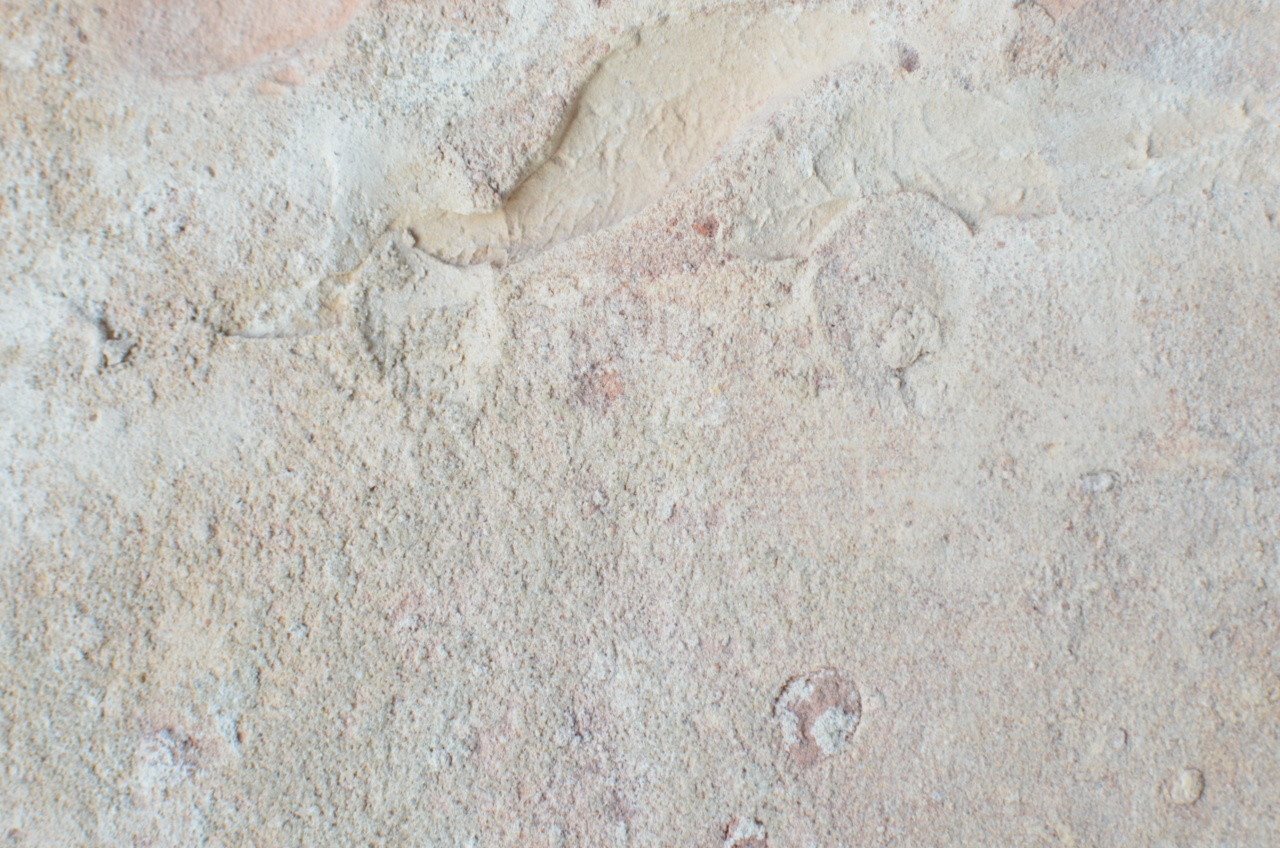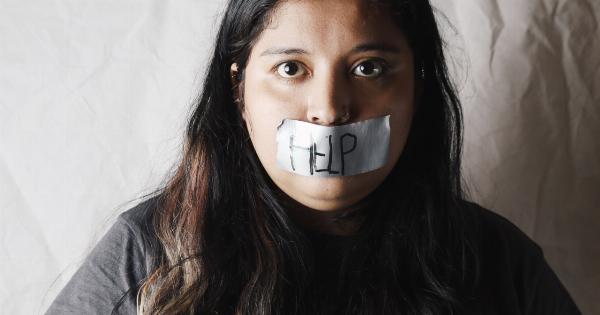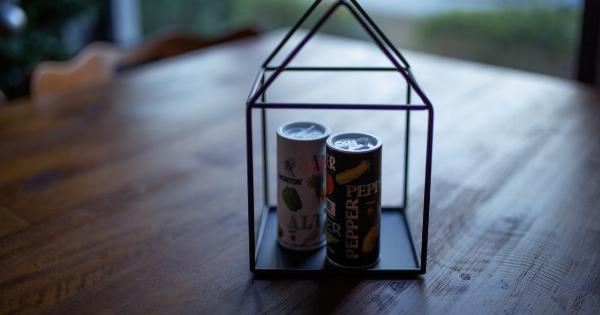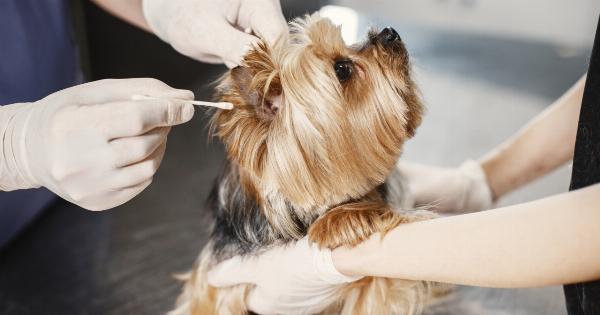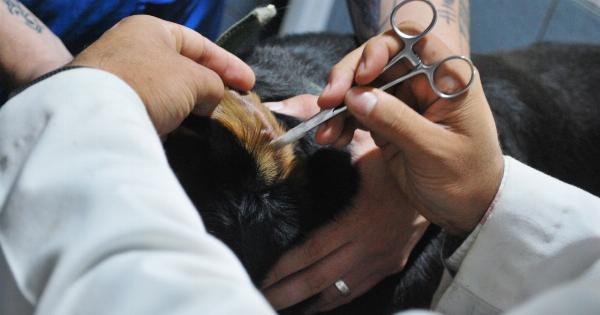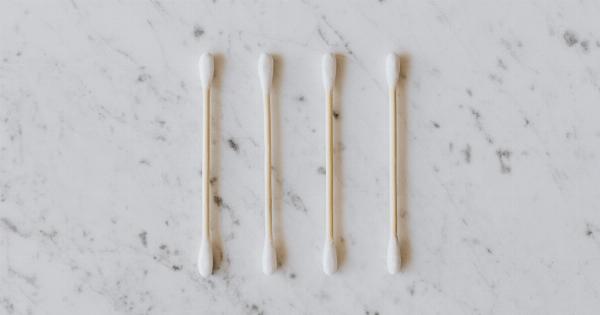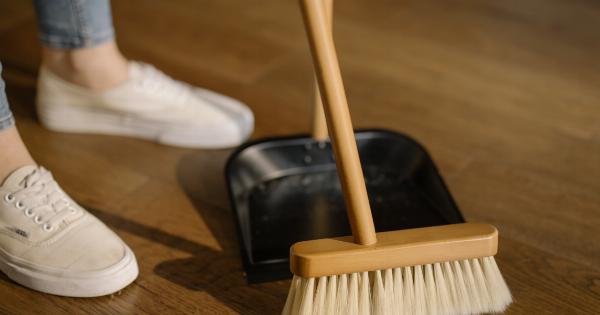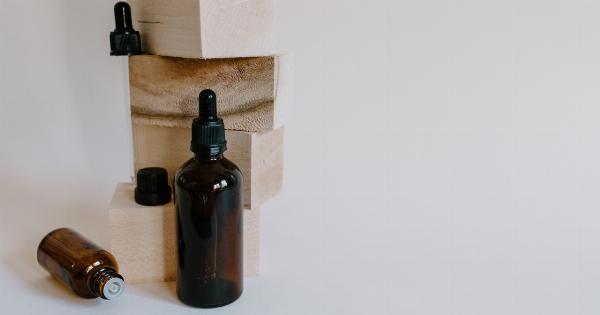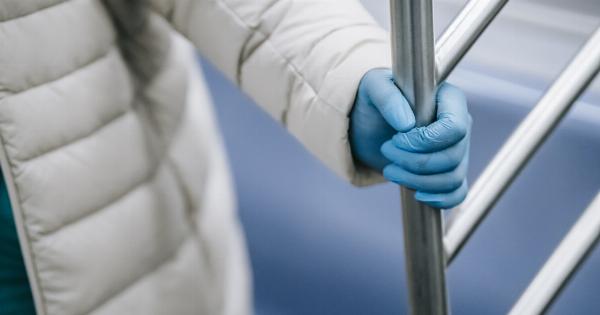Your hearing is one of your most valuable senses. It helps you communicate, enjoy music, and navigate the world around you. However, it’s easy to take your hearing for granted.
Exposure to loud noises, age, and certain medications can all cause damage to your hearing. Fortunately, there are things you can do to protect your hearing and keep it healthy throughout your life.
What Causes Hearing Damage?
One of the leading causes of hearing damage is exposure to loud noises. This can include listening to music at a high volume, attending concerts, shooting firearms, and working in noisy environments.
Age can also play a factor – as you get older, the tiny hair cells in your ears that help you hear can become damaged. Certain medications, such as antibiotics, chemotherapy drugs, and aspirin, can also cause hearing damage as a side effect.
Tips for Safeguarding Your Hearing
1. Decrease exposure to loud noises. If you know you’ll be in a loud environment, consider wearing earplugs or other hearing protection. When listening to music, keep the volume at a reasonable level.
If you’re attending a concert, try to stand farther away from the speakers.
2. Get regular hearing checkups. Even if you don’t think you have any hearing problems, it’s a good idea to get your hearing checked every few years.
This can help detect any early signs of hearing loss, so you can take steps to prevent it from getting worse.
3. Be aware of medications that can cause hearing damage. If you’re taking any medications that list hearing loss as a potential side effect, speak to your doctor about alternative options.
4. Practice good ear hygiene. Avoid sticking anything in your ears, including cotton swabs. This can push earwax deeper into your ear canal and cause damage. Instead, try using over-the-counter ear drops to soften earwax, and let it come out naturally.
5. Consider investing in noise-canceling headphones. These types of headphones can help block out background noise, so you can listen to music or videos at a lower volume.
When to Seek Help for Hearing Loss
If you’re experiencing any of the following symptoms, it’s important to seek help from a healthcare professional:.
- Difficulty hearing conversations in noisy environments
- Frequently asking people to repeat themselves
- Inability to hear high-pitched sounds
- Ringing or buzzing in the ears
If left untreated, hearing loss can lead to further problems, such as social isolation, depression, and cognitive decline.
Conclusion
Protecting your hearing is important for maintaining your quality of life. By following these tips and seeking help when necessary, you can safeguard your hearing from damage and keep it healthy for years to come.
